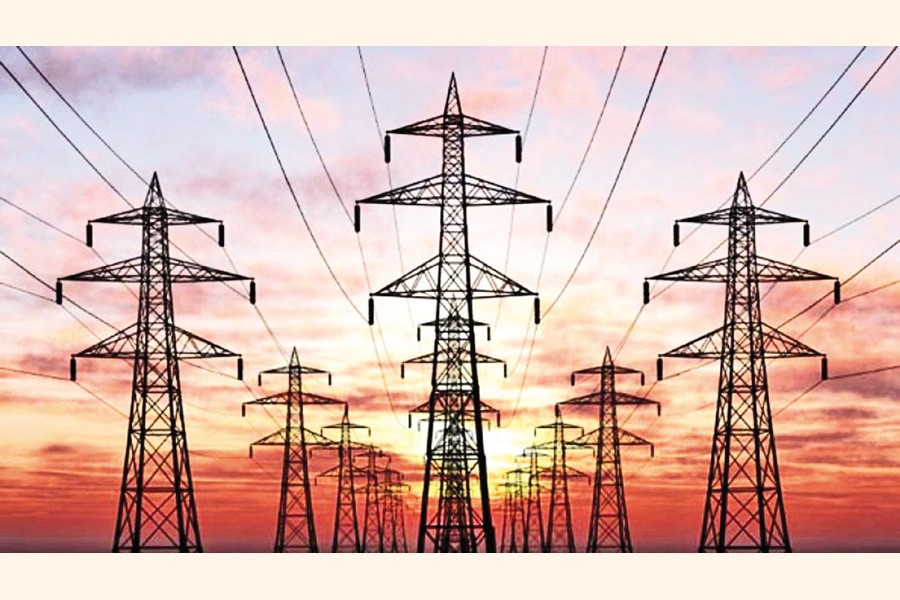

The government's decision to set up a six-member expert panel to renegotiate power tariffs signals a potential shift to redesign what has long been perceived as a lucrative domain for private power plant owners. The initiative aims to reduce power purchase costs and ease the state's debt burden. The panel will renegotiate tariffs with power plant owners who secured projects under the now-defunct Quick Enhancement of Electricity and Energy Supply Act 2010 that previously indemnified actions taken under its provisions. Initially enacted to address acute power shortages, the Act facilitated the approval of over 100 power projects during the Awami League government's tenure since 2009. This helped increase power generation capacity to 28GW. The capacity far exceeds the country's demand estimated at 17GW. However, the actual generation has rarely exceeded 13GW. The annulment of this indemnity law paves the way for more accountability in the sector. The Power and Energy Adviser of the interim government informed the FE that the formation of the expert panel aligns with the recommendations of the national body tasked with reviewing power and energy deals. After months of scrutiny, the national committee found that costs associated with most power plants --- whether established through tenders or unsolicited arrangements --- were exorbitantly high.
In addition to the high priced power tariff, a very contentious issue is the government's deal with the power plant owners on capacity charges that has been straining the state coffer for well over a decade. Under the agreements, private investors are guaranteed returns based on their investments rather than actual services rendered. Energy experts, citing Power Development Board analyses, argue that this mechanism has channelled public funds into private coffers. Some plants, approved without competitive bidding, continue to receive unreasonably high monthly capacity charges regardless of whether they produce electricity or not. These plants also benefit from subsidised fuel, while the government purchases electricity at inflated rates.
The new committee is expected to scrutinise these irregularities and recommend necessary reforms, including reassessment of the rationale behind capacity charges and potentially phasing them out. Such measures could significantly reduce the financial burden on the state. Additionally, the committee is expected to address challenges associated with high-sulfur fuel oil (HSFO)-based power plants and propose solutions to improve sector efficiency.
For years, media reports and energy experts have been criticising the government's practices, particularly the high tariffs paid to private power producers and the mandatory capacity payments to idle plants. The repeated calls for reform fell on deaf years. Now, with the committee tasked to revisit these deals, there is hope for tangible changes that will benefit citizens and alleviate the government's fiscal load. The renegotiation effort underscores the need for greater accountability and transparency in the power sector. By addressing inflated tariffs and capacity charges, the government has an opportunity to restore public trust and create a more equitable energy framework. If successful, this initiative could mark the beginning of long-overdue reforms, ensuring that public resources are used efficiently and sustainably.


 For all latest news, follow The Financial Express Google News channel.
For all latest news, follow The Financial Express Google News channel.